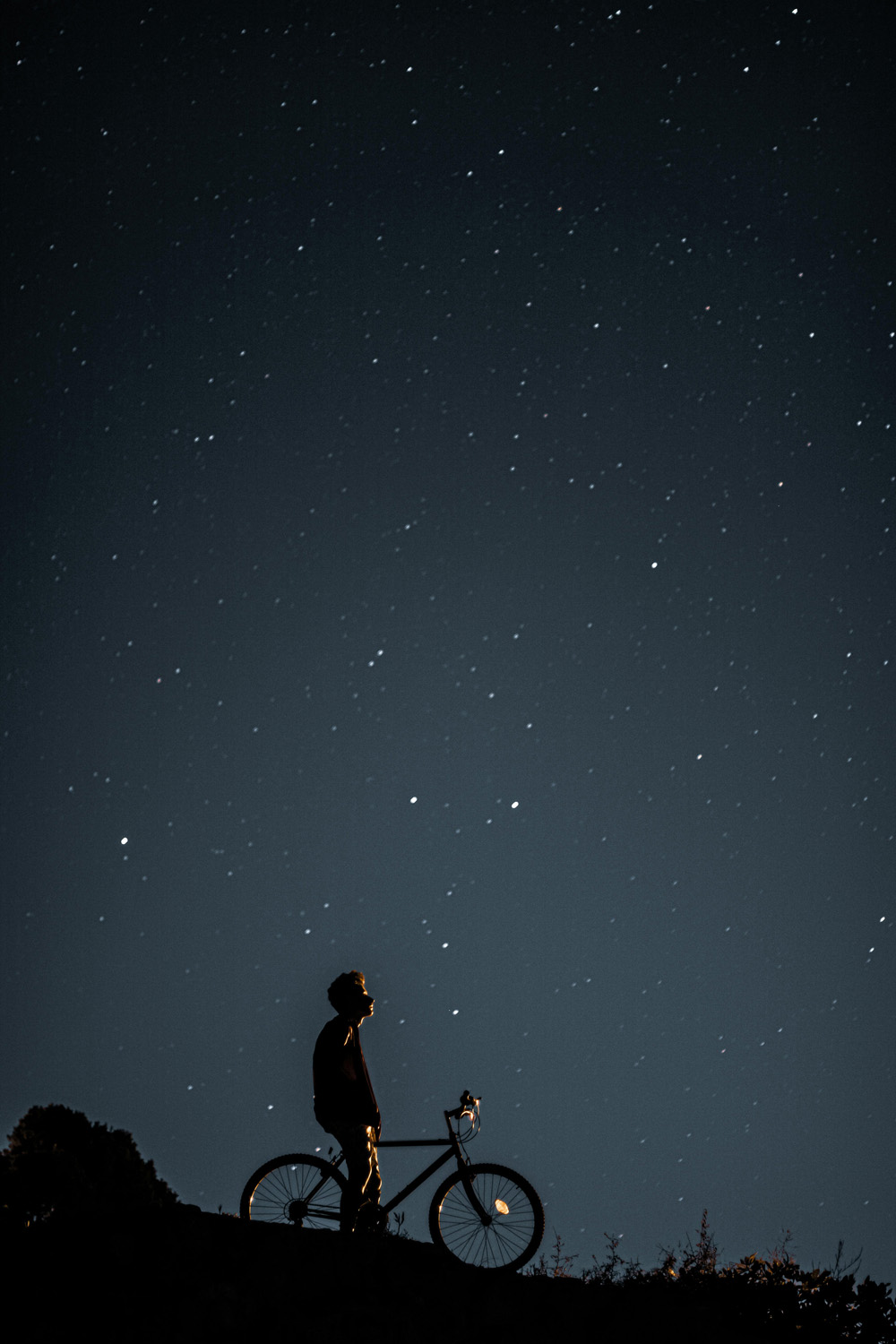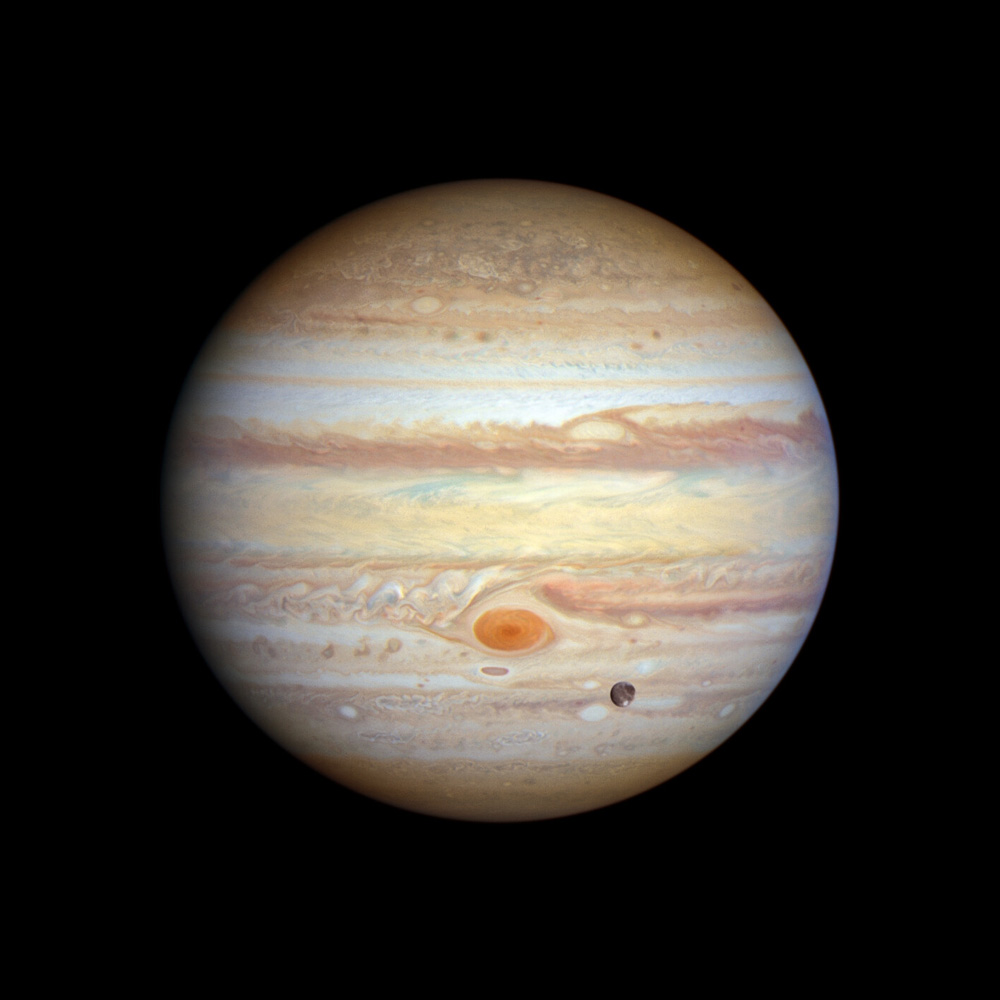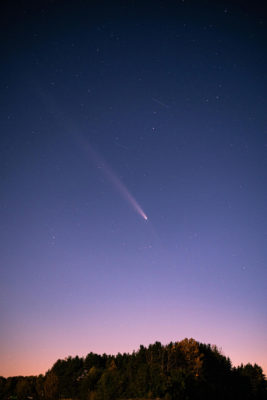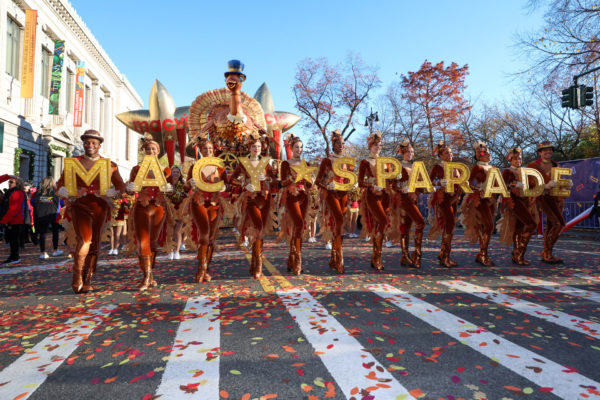
Jupiter Will Shine In The Night Sky This Weekend
By
4 months ago
How to see the solar system's largest planet
With aurora borealis lighting up British skies throughout 2024, our passion for stargazing has been renewed. In fact, when the Northern Lights peaked in May 2024, this was the largest geomagnetic storm the planet had seen in at least two decades, according to NASA – possibly the largest in the past 500 years. Now NASA has declared the sun has reached its solar maximum, though the specific month solar activity peaks (aka more aurora borealis, amongst other effects) will only be clear in retrospect – so we can’t predict exactly when nature’s light show will return. Something we do know, however, is that our solar system’s largest planet will be visible in the sky this weekend. Here’s when and how to see Jupiter in December 2024.

Jupiter (ESA/Hubble, CC BY 4.0, via Wikimedia Commons)
How To See Jupiter: December 2024
The fifth planet from the sun and the largest in the solar system, Jupiter is the third brightest object in our night sky, after the moon and Venus – but it’s not always visible. However, come Saturday 7 December, Jupiter will shine brighter than it has all year, and brighter than it ever will again until January 2026. This is because the planet is at its closest point to Earth in its orbit. It will also reach opposition: when it sits in the exact opposite point in the sky to the sun.
On Saturday, Jupiter will be visible all night – weather permitting. You won’t need binoculars or a telescope to see its shining light, but if you bring one along, you will be able to make out the planet’s distinctive stripes. A three-inch scope will reveal distinct shading, while a six inch scope will make Jupiter’s belts and zones far more distinguishable – including its Great Red Spot. Jupiter is a very alien planet indeed: unlike Earth’s solidity, Jupiter is a Gas Giant, meaning you’re really looking at its colourful, mobile atmosphere. Around its edges, you can also spot the four largest of Jupiter’s 95 moons: Io, Europa, Ganymede and Callisto.
When Can I See Jupiter?
Jupiter will be brightest on the night of Saturday 7 December 2024, but it will also be visible on any December night with fair weather.
One week later on 14 December, the final full moon of 2025 will shine bright – aptly called the Cold Moon.
Looking for some dark skies? Here are our favourite UK stargazing escapes, or why not book tickets for the 2025 Dark Skies Festival?







